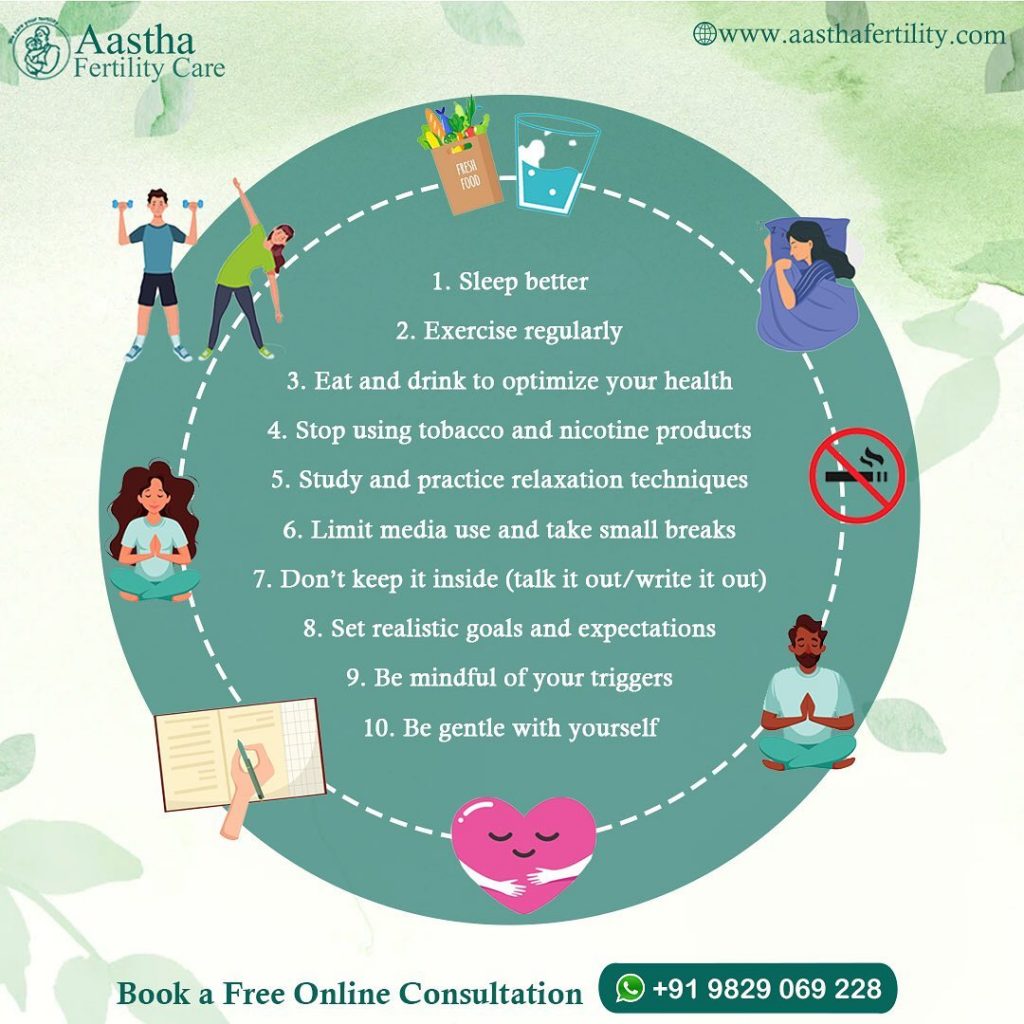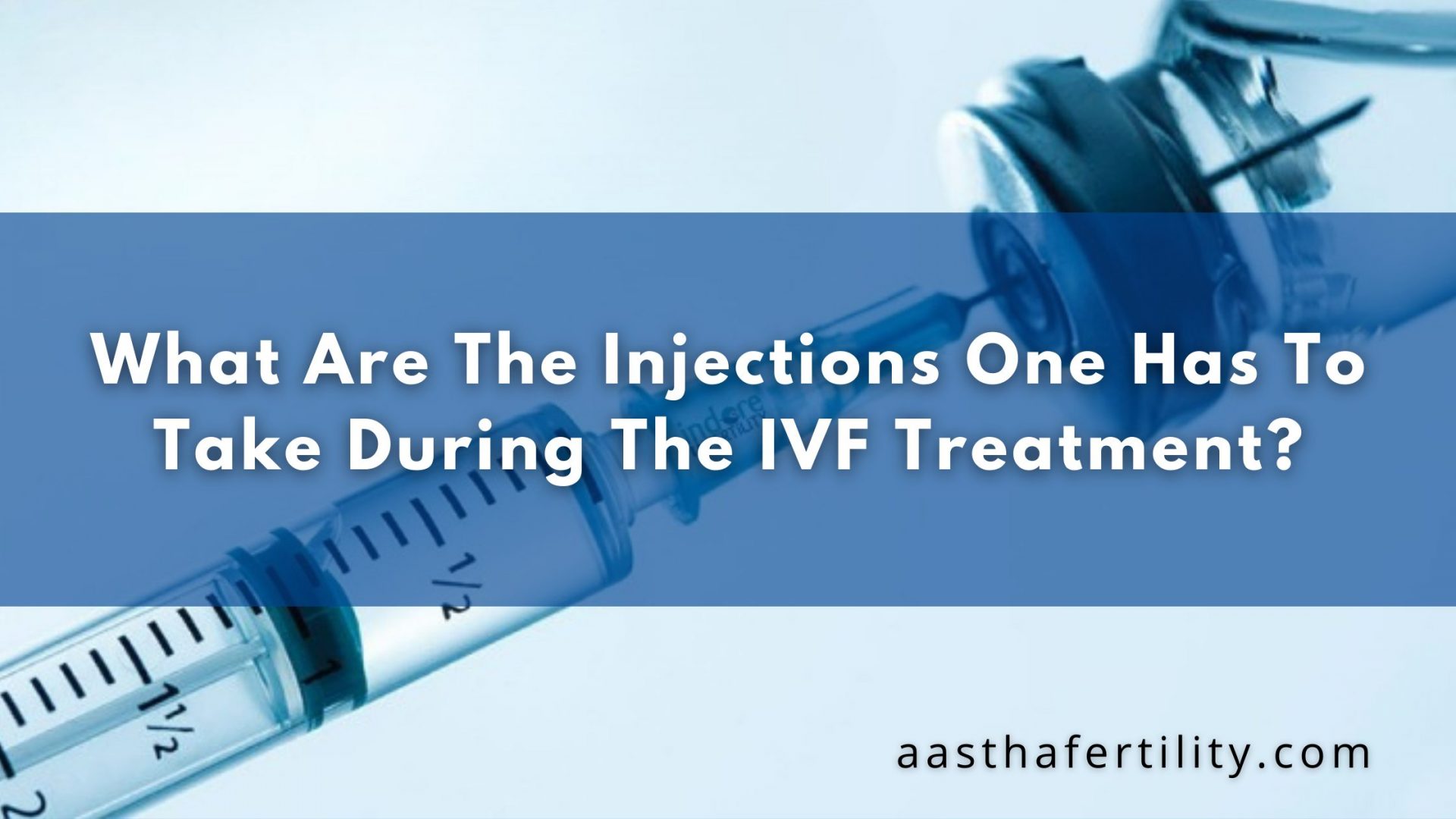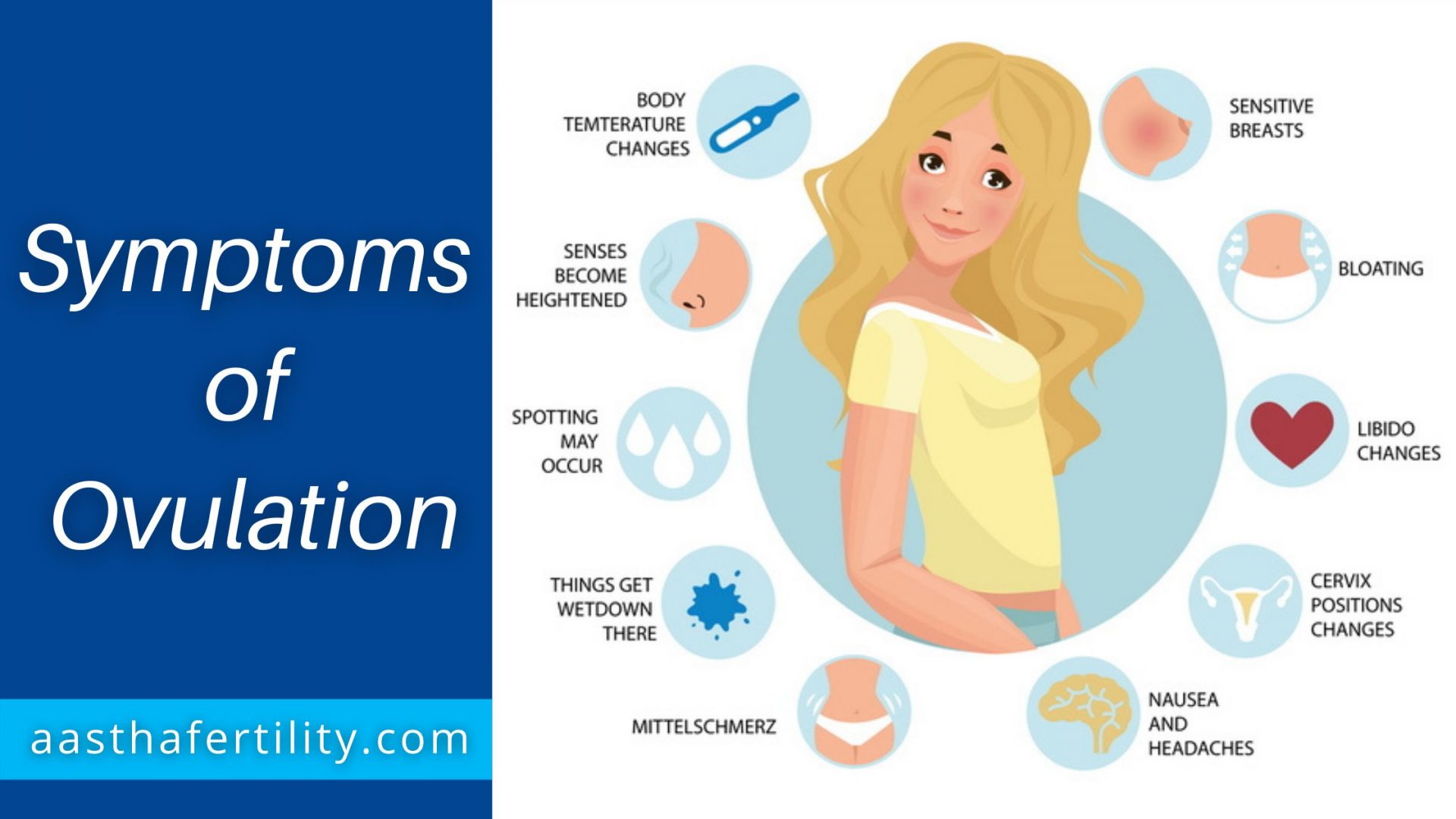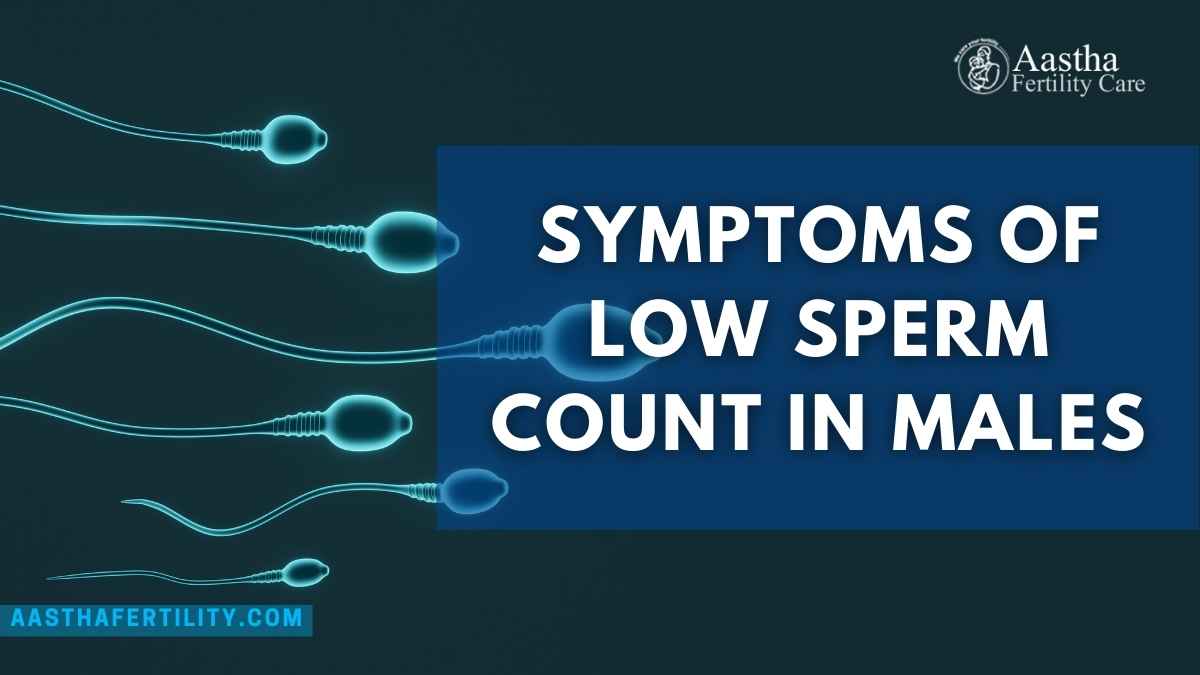Table of Contents
ToggleStress and Infertility are related because stress can cause a woman’s body to produce too much luteinizing hormone. This hormone is responsible for ovulation, and when there’s too much of it in your body, it can prevent you from ovulating. The converse is also true: coping with reproductive challenges may negatively affect one’s mental health. Further, according to Verywellfamily.com, stress levels grow the longer you struggle to conceive.
So, how do you manage stress and infertility, and other concerns? This blog will answer all your problems, but first, let’s see the relationship between stress and infertility:
Infertility And Mental Health: Are They Related?
Although Psychological effects on fertility are complex, there are indications that stress may affect hormone levels, your menstrual cycle, pregnancy conception rates, and even IVF outcomes. So, the effect of Infertility and mental health is not related explicitly in women; however, it is indirectly related to infertility by interfering with the body’s ovulation ability.
“When a woman is under a lot of stress, her body may not release an egg each month, or the egg may not be able to be fertilized.” This is the relationship between stress and infertility in women.
Further, stress may lead to harmful habits that affect male fertility. There are some effects of psychological stress on male fertility, and these include:
- Sleeping too little or too much
- Have a more difficult time maintaining good eating habits
- Avoid your usual workout routine or push yourself to exercise excessively.
- Consume an excessive amount of alcohol
- Smoking
- Consume excessive caffeine, mainly if you are sleep-deprived.
- Loss of desire for sex
How Does Infertility Affect Mental Health?
According to Aastha Fertility Care, 28% of women coming for IVF treatment were suffering from a psychological issue- low self-esteem, While 40% sense that life had no meaning. 15% of female patients were depressed, and 17% were tense.
While infertility is not an illness, it and its treatment may significantly impact many aspects of a person’s life, resulting in various psychological-emotional diseases or outcomes such as anguish, frustration, sadness, anxiety, despair, guilt, and feelings of hopelessness.
The failure to conceive, unsuccessful IVF cycles, and the entire treatment process can be draining. Additionally, women are more likely to experience psychological discomfort due to infertility, such as sadness and anxiety.
How Can You Manage Your Stress?
As of now, we can establish the relationship between Infertility and mental health, and it has become more viable to manage your stress, anxiety, depression, and other psychological issues.
You can do many things to manage stress. Some people find that exercise is a great way to relieve stress, while others find that meditation or journaling can help them to calm down and clear their minds. Here are a few tips that may help you to manage stress in your life:

1. Identify what causes you stress.
So this can be difficult to do, but it is vital to figure out what makes you feel stressed. Once you know what your triggers are, you can start to work on avoiding them or managing them in a better way.
2. Make time for yourself
It is essential to take some time each day to do something you enjoy. So, this can be as simple as reading a book, taking a walk, or taking a bath.
3. Eat healthy food and exercise.
Eating healthy foods and regularly exercising can help to reduce stress levels.
4. Avoid alcohol and drugs.
These substances can increase your stress levels and make it more challenging to cope with stress.
5. Talk to someone.
Sometimes it can be helpful to talk to someone about what is causing you stress, and this can be a friend, family member, therapist, or even a hotline.
Can Managing Stress Improve Fertility?
Mental Health, like stress, affects the fertility of both men and women.
Stress can harm fertility, affecting a woman’s menstrual cycle, making it irregular, or even preventing ovulation.
Stress can also impact a man’s sperm count, lowering and impacting fertility. There are several ways to manage stress which can improve fertility.
Exercise, relaxation techniques, and even therapy can help manage stress and improve fertility.
Also, read https://aasthafertility.com/foods-to-increase-sperm-count/
What Can Other Fertility Problems Occur Due To Stress?
Stress may not be the only thing to blame if you’re struggling with fertility. Here are some other possible fertility problems that can occur due to stress:
1. Hormonal Imbalance: Stress can cause a hormonal imbalance, making it difficult to conceive.
2. Poor Egg Quality: Stress can also lead to poor egg quality, making it difficult to get pregnant.
3. Uterine Fibroids: Stress can worsen uterine fibroids, making it difficult to get pregnant.
4. PCOD: Stress can lead to PCOD, leading to complications in pregnancy.
5. Low sperm count: Psychological stress effects on male fertility include low sperm count and low libido.
So, if you’re struggling with fertility, talk to your doctor about possible fertility problems causing your difficulties.
How Can Aastha Fertility Care Help Couples?
Aastha Fertility Care has been helping couples for over 15 years by assisting them in addressing their fertility issues and bringing new hope into their life.
Dr. Namita Kotia is the senior gynaecologist, and IVF specialist at Aastha Fertility Care offers couples the best infertility treatment and Assisted Reproductive Techniques at cost-effective rates. No matter the reason behind your infertility, the team at Aastha Fertility can increase the chances of having a baby. You can also receive counselling regarding fertility and get the best treatment plan and pregnancy conception options.
Some fertility treatments include IVF, IUI, IVF-ET, ICSI, etc.
Read here is how IVF works:
(ref: https://www.instagram.com/p/CXDKrhSPTJy/)
So, after diagnosing your condition and the reason behind your infertility, the specialists will offer the right treatment.
Conclusion
Although stress can not trigger infertility directly, it can contribute to lifestyle choices that make it extremely challenging to conceive. Aside from the usual sources of stress, you may realize infertility itself is a significant source of anxiety.
You can manage stress and infertility with Aastha Fertility Care. Let our doctors take charge of your health, and you can see significant changes in your life. Book a consultation today.





Leave a comment